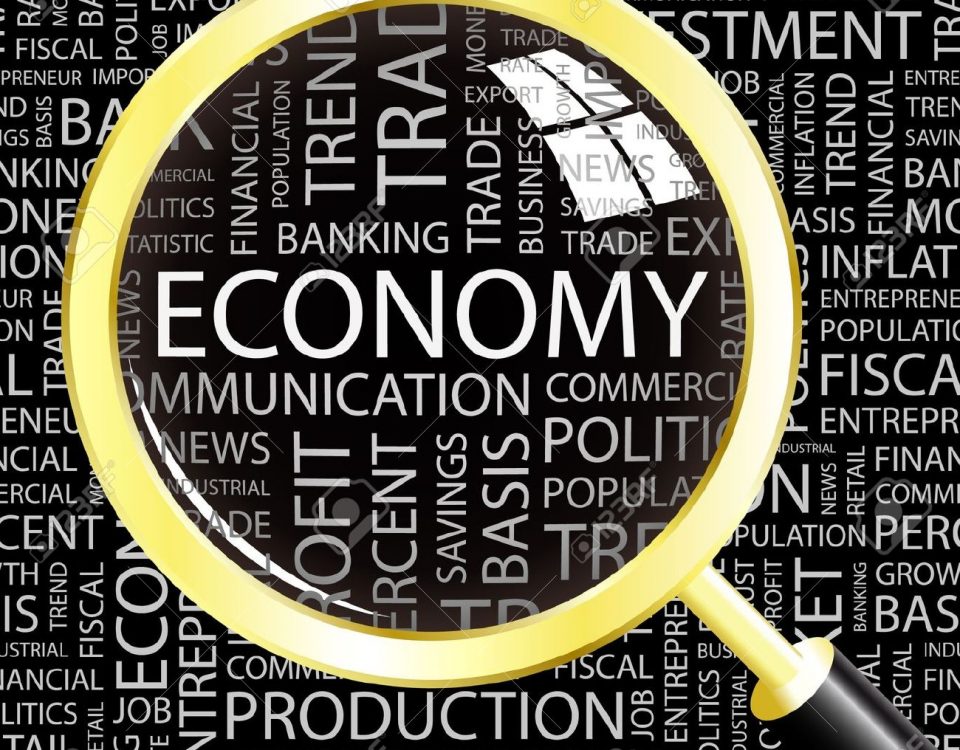Africa Update: Rwanda secures Rwf85bn to finance development effort

Nigeria Update: Stock exchange’s premium index gets 49 per cent returns in three years
September 24, 2018
Africa Arrives:The Savvy Entrepreneur’s Guide to the World’s Hottest Market Paperback
September 24, 2018The Government of Rwanda on Wednesday signed three separate financing agreements with Japan, Germany and the World Bank to fund some of its development initiatives.
The $99.05 million (Rwf85.2 billion) grants will support the country’s agriculture, infrastructure, decentralisation, technical and vocational education and training (TVET), public finance management, and green growth.
The grant agreements were signed in Kigali by the Minister for Finance and Economic Planning, Dr Uzziel Ndagijimana, and envoys of the respective development partners.
Dr Ndagijimana told reporters that all grants will help government fast-track the country’s development agenda.
The World Bank’s $26.3 million (Rwf22.6 billion) grant comes to support agriculture intensification and food security. It will be invested in increasing agricultural productivity, market access and food security.
It will focus on consolidating and expanding the results obtained under the Land Husbandry, Water Harvesting, and Hillside Irrigation Project (LWH) project and the Rural Sector Support Project (RSSP3), also funded through World Bank.
The five-year project will be implemented in eight districts of Rulindo, Rwamagana, Karongi, Rutsiro, Kayonza, Nyanza, Gatsibo and Nyabihu.
Officials estimate the project to result in 15 per cent increase in yield of targeted crops and 25 per cent increase in marketed produce by farmers.
In addition, it is expected to benefit 38,000 farmer households with 200,000 family members of whom 88,000 are women.
Apart from farmer households, the project will also benefit other value chain actors, including entrepreneurs and small and micro agri-businesses, working in selected value chains.
Communities in the target areas will indirectly benefit through investments in SACCOs, post-harvest and agro-processing equipment, and market linkages. Specific emphasis will be placed on identifying and providing opportunities for income-generating activities for women and youth.
Yasser El-Gammal, Country Manager of World Bank, highlighted “three very important things,” one being that the project is also part of a larger programme in which the Bank supports Rwanda’s commitment to hasten the “falling rate of stunting in children.”
He said: “Rwanda is putting this [reducing stunting in children] on the top of its development agenda.”
El-Gammal said the money is sourced from the global agriculture and food security programme of the Bank. He also noted that this is the second time Rwanda is benefiting from the global programme and it is one of the very few countries gaining from it because of the fact that the country puts the money to good use.
Dr Ndagijimana and the Ambassador of Germany to Rwanda Dr Peter Woeste, also signed a bilateral agreement implemented through KFW Development Bank worth €42 million (roughly Rwf 42.2 billion).
Dr Ndagijimana said the financing agreement will contribute towards Government of Rwanda priority areas such as good governance, employment, as well as capacity building which will contribute to the achievement of Rwanda’s long term development goals.
The Government of Japan, through the Japan International Cooperation Agency, also provided a new grant of 2.635 billion yen ($23.653 million) to reinforce the country’s capacity to avoid the risk of large-scale power outages by allowing a stable supply of electricity.

